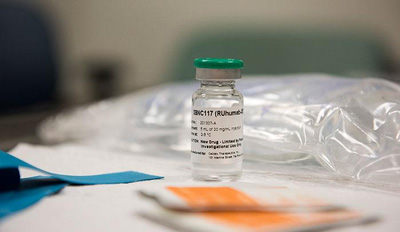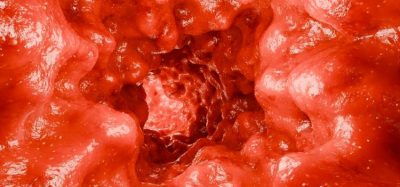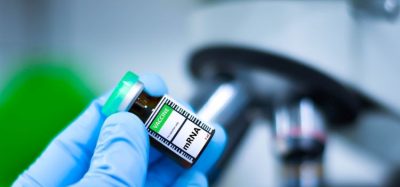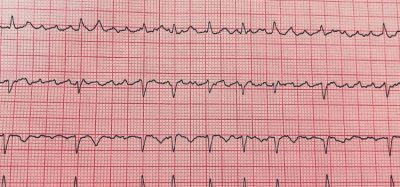3BNC117 opens door to potential new treatment for HIV
Posted: 9 May 2016 | Victoria White (European Pharmaceutical Review) | 1 comment
Researchers are developing a new kind of treatment, an antibody-based drug called 3BNC117, that may provide a better strategy for long-term control of HIV…


As part of the clinical trial, researchers gave participants with a single dose of 3BNC117. CREDIT: The Rockefeller University
The development of antiretroviral therapy, a combination of drugs that slows the replication of HIV in the body, has transformed the treatment of this infection.
But this therapy has drawbacks. There are side effects, including kidney problems, decreased bone density, and gastrointestinal problems. And if a person discontinues his or her treatment, even missing a few doses, the level of the virus in the body is able to rebound quickly.
Now, researchers from The Rockefeller University, along with collaborators from the University of Cologne, are developing a new kind of treatment, an antibody-based drug that may provide a better strategy for long-term control of HIV. Recent findings from a Phase I clinical trial offer new insights about how the antibody functions.
“This study provides evidence that a single dose of an antibody stimulates patients’ immune response, enabling them to make new or better antibodies against the virus,” explains Till Schoofs, a postdoctoral fellow at Rockefeller. Schoofs is a member of the Laboratory of Molecular Immunology, led by Michel Nussenzweig, Zanvil A. Cohn and Ralph M. Steinman Professor.
“We reported last year that this treatment can greatly reduce the amount of virus that’s present in someone’s blood,” Dr Schoofs adds, “but we wanted to follow the patients for a longer period of time to study how their immune systems were adapting to the new therapy.”
The molecule used in the research, 3BNC117, is called a broadly neutralizing antibody because it has the ability to fight a wide range of HIV strains. Johannes Scheid, a student in Nussenzweig’s lab, isolated it several years ago from an HIV-infected patient whose immune system had an exceptional ability to neutralize HIV in the blood by preventing the virus from infecting and destroying a specific type of immune cells, called CD4 cells, in patients. The destruction of CD4 cells is a hallmark of AIDS.
3BNC117 can neutralise more than 80% of HIV strains
Early studies showed that 3BNC117 can neutralise more than 80 percent of HIV strains that are found around the world. The investigators therefore theorised that giving the antibody to patients would help them to fight the virus as well.
The clinical trial included 15 patients who had high levels of the virus in their blood, and 12 other patients whose virus levels were being controlled with antiretroviral therapy (ART). The patients were infused with a single dose of 3BNC117 and were monitored over a six-month period.
The investigators found that 14 out of 15 patients who had high levels of the virus at the time they were given the antibody were making new antibodies that were able to neutralise a number of different strains of HIV.
“It usually takes several years for the body to begin to make good antibodies against HIV,” Schoofs says. “So there might be an even better effect later on, especially if patients are given more than one dose of 3BNC117.”
The next steps in this research are to test 3BNC117 in combination with other antibodies that target HIV, to determine whether an even stronger antiviral effect can be found. The researchers are also conducting a Phase III trial in which patients receiving ART are switched to antibody treatment.










This is a nice update to the paper published earlier in Nature